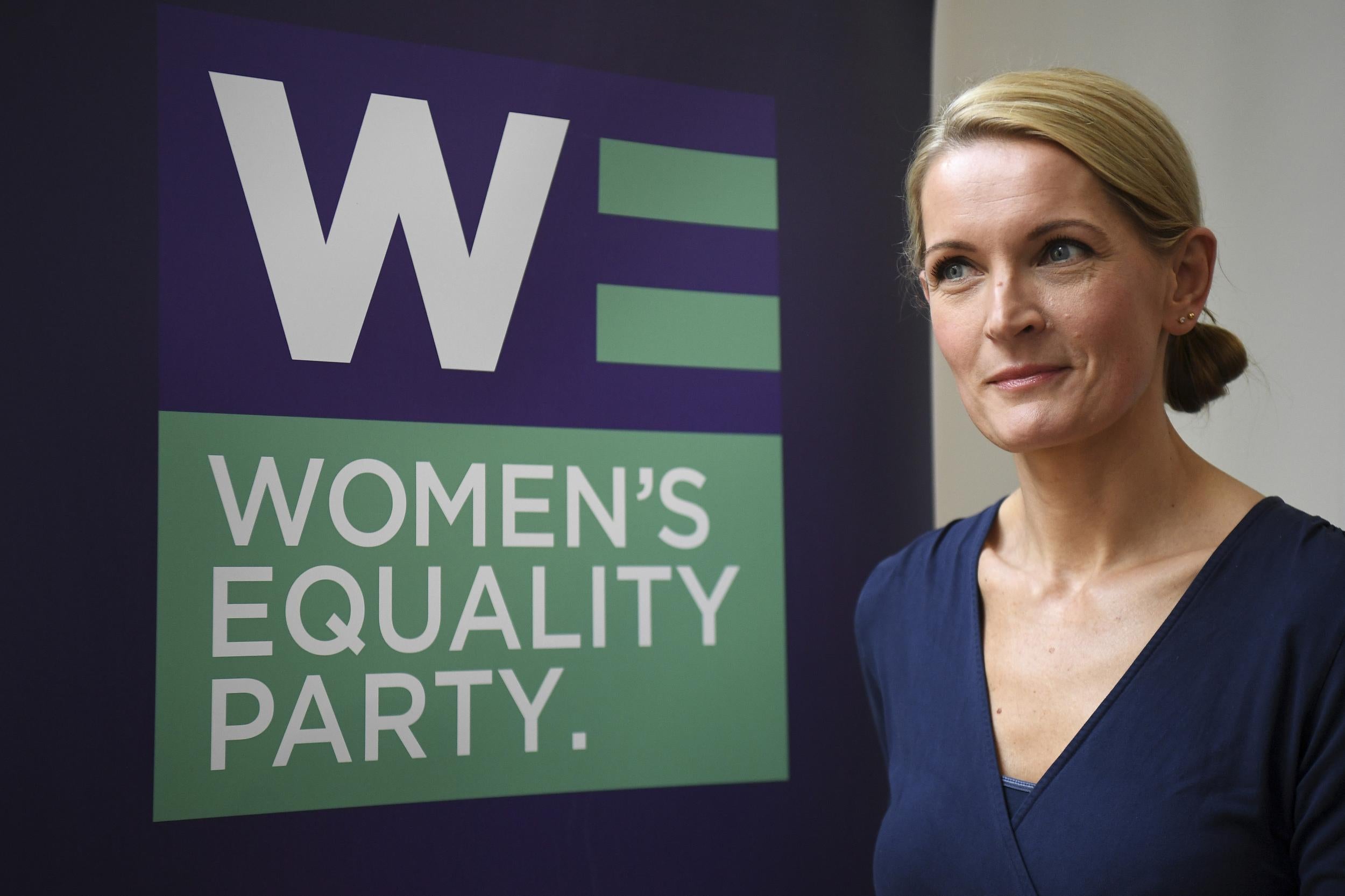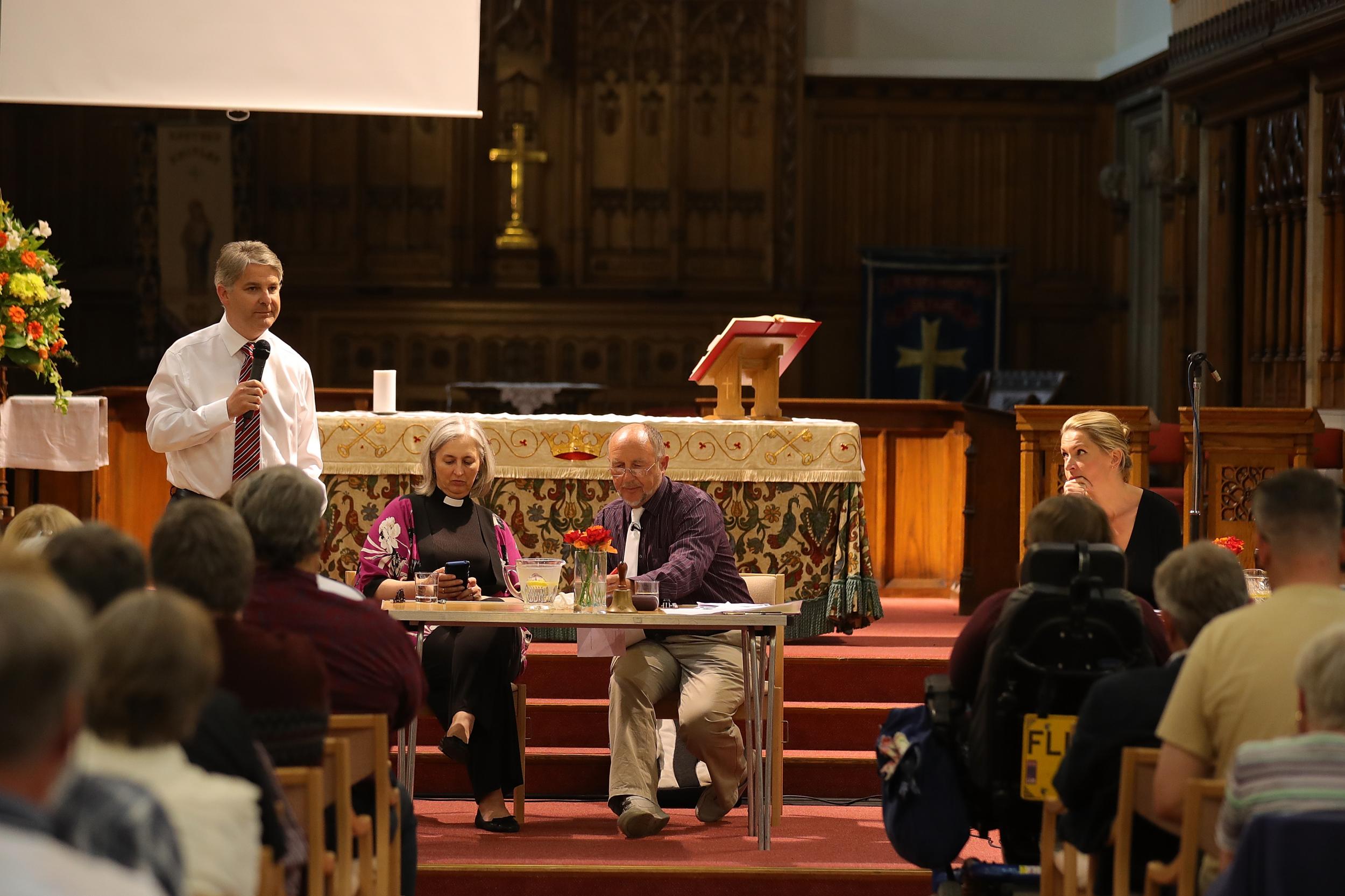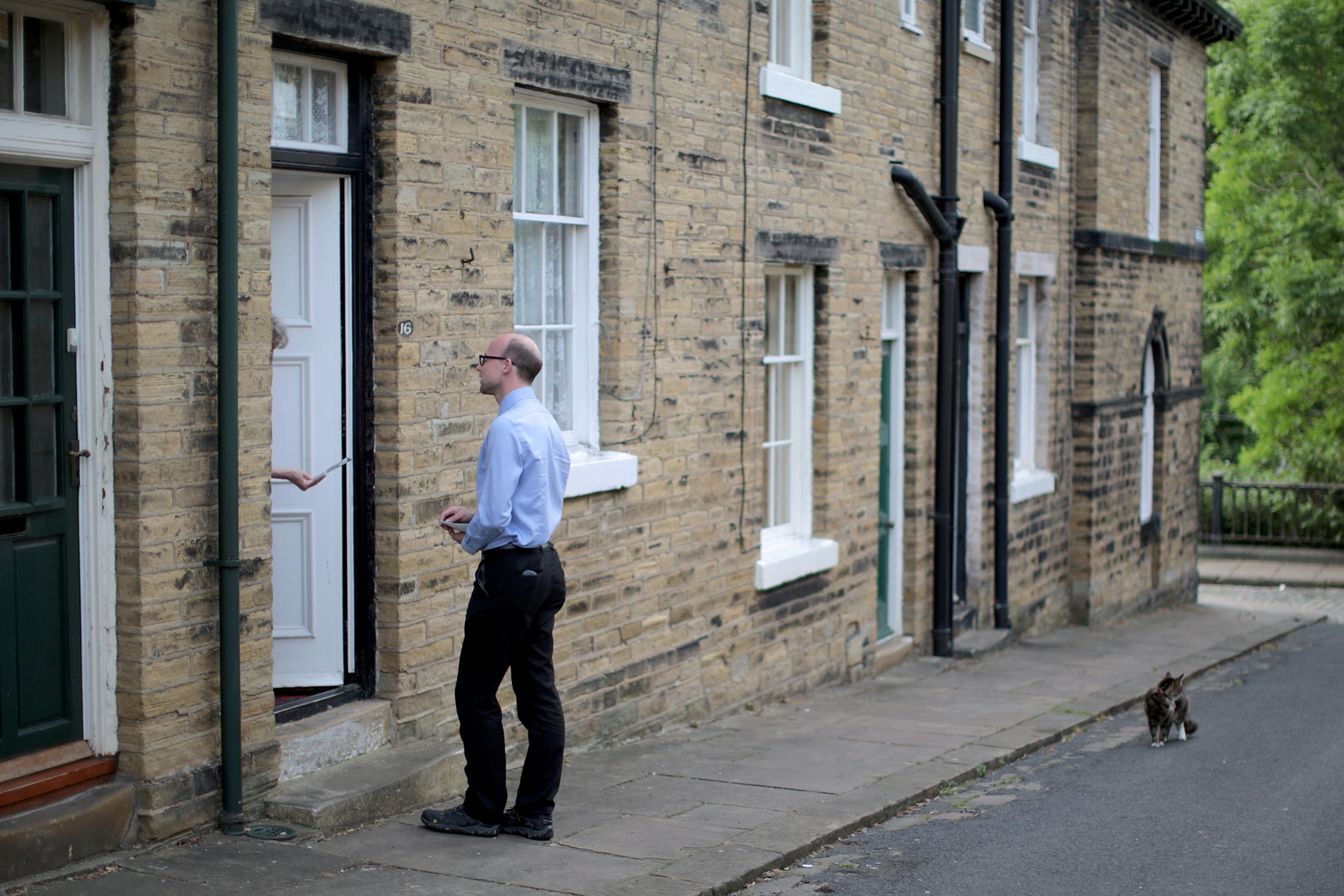Election 2017: Women's Equality Party has 'no regrets' over campaign despite failure to oust 'sexist' MP Philip Davies
Spokeswoman said the party was proud to 'challenge the kind of regressive politics that he represents'

Your support helps us to tell the story
From reproductive rights to climate change to Big Tech, The Independent is on the ground when the story is developing. Whether it's investigating the financials of Elon Musk's pro-Trump PAC or producing our latest documentary, 'The A Word', which shines a light on the American women fighting for reproductive rights, we know how important it is to parse out the facts from the messaging.
At such a critical moment in US history, we need reporters on the ground. Your donation allows us to keep sending journalists to speak to both sides of the story.
The Independent is trusted by Americans across the entire political spectrum. And unlike many other quality news outlets, we choose not to lock Americans out of our reporting and analysis with paywalls. We believe quality journalism should be available to everyone, paid for by those who can afford it.
Your support makes all the difference.The Women’s Equality Party (WEP) has said it has “no regrets” in the fight to oust Conservative MP Philip Davies from Shipley, despite gaining a very small share of the vote in the general election.
The pro-gender equality party’s leader, Sophie Walker, ran against the Tory MP and clocked up just 1.9 per cent of the vote.
The percentage, although small in terms of the overall share, beat the surge of popularity for the Liberal Democrats and even the Tories’ rise of 1.4 per cent compared to the 2015 election.
WEP faced accusations of splitting the vote, but figures show that the votes for all parties opposing the Conservatives combined would still have fallen short by 1,439 votes. Mr Davies ended the night with 27,417 votes, making up more than 51 per cent of the overall share.
Ms Walker claimed that her party forced Mr Davies’s stance into the spotlight – he was criticised for filibustering an anti-domestic violence bill as he said it did not provide equal protections for men – and the competition halved his majority from almost 10,000 votes in the 2015 general election to less than 5,000 votes in 2017.
“No regrets re Shipley. Our publicity & huge ground campaign mobilised vote that halved PD's majority,” tweeted Ms Walker.
“Also personally I lived & worked every day for 2 months to learn & listen to Shipley. Now look 4wd to deepening ties.”
Mr Davies said the Conservatives had made a “bit of a pig’s ear” of the national campaign but boasted of his own result, joking on Twitter that he was considering bidding for prime minister.
A spokeswoman from the party told The Independent: "The Women's Equality Party was set up to challenge the idea that votes ‘belong’ to other parties who are not doing enough on women's equality or working collaboratively to challenge the kind of regressive politics that Philip Davies represents.
“This has added urgency now that the Conservatives plan to make a deal with the DUP, and Owen Paterson has already suggested that abortion rights may become a bargaining chip.

“WEP warned in our campaign manifesto that collaboration would be vital to ensuring women do not pay the price for Brexit and we will continue to push for this, especially in the event of another election.”
On the eve of the election, social media users prematurely celebrated the ousting of Mr Davies, before the final results showed he had in fact held on to his seat.

Mr Davies described outlets, such as BuzzFeed and Huffington Post, who had reported the initial feminist celebrations, as “fake news”, and added: "More proof of needed that people shouldn't believe anything they read on Twitter."
WEP fielded seven candidates in the election across the UK, two years after it was founded by Catherine Mayer and Sandi Toksvig.
Announcing her candidacy for Shipley in April, Ms Walker said: “Philip Davies’s track record of misogyny should have no place in Parliament.”
In response, the Liberty Belles, a group of five anti-feminist women, launched a campaign called “Ladies for Phillip Davies” to support his “quest for real gender equality”.
During the election campaign, Ms Walker and Ms Mayer protested TV and radio networks’ decision to minimise coverage of smaller parties like WEP and the Greens, while frequently giving a platform to former Ukip leader Paul Nuttall.
The DUP, Northern Ireland’s socially conservative and unionist party, is forming a deal with the Tories after the latter failed to gain an overall majority last week. The DUP has been criticised for its stance against gay marriage, abortion and progress on climate change.
Subscribe to Independent Premium to bookmark this article
Want to bookmark your favourite articles and stories to read or reference later? Start your Independent Premium subscription today.
Join our commenting forum
Join thought-provoking conversations, follow other Independent readers and see their replies
Comments